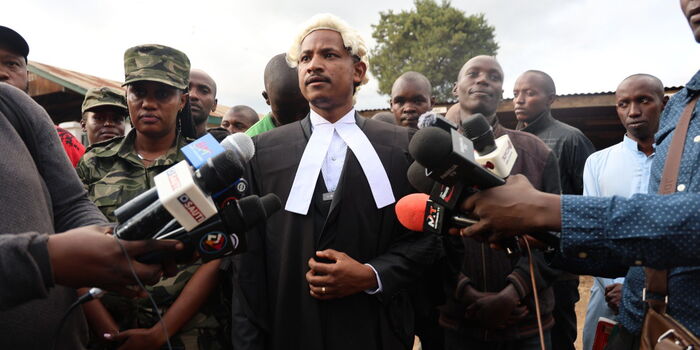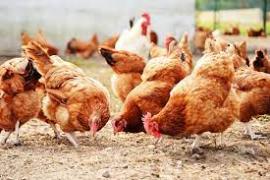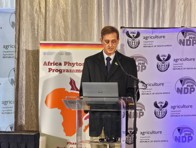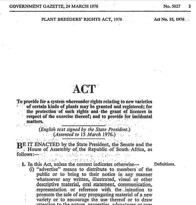Animal disease crises cast grim light on South Africa's biosecurity
The frequent outbreaks of animal diseases in South Africa’s agriculture pose a risk to its growth. The latest crisis, marked by separate outbreaks of foot-and-mouth disease, has once again brought the issue of animal biosecurity in South Africa into the spotlight.
The constant recurrence of the disease will ultimately reduce earnings and export opportunities to high-value markets. This could lead to financial pressures on cattle farming businesses, and they may struggle to meet all their financial commitments.
That over the years we have been unable to resolve the animal disease crisis suggests we have not done enough as a country to address the key issues and implement the necessary measures to bring about long-lasting solutions.
Both the government and farmers have a role and responsibility in this effort. There are various actions the state can take to resolve this impasse, and it is unclear whether the Department of Agriculture has already taken all the required key steps and managerial decisions.
It is therefore an opportune time to review the implementation of some of the logical and essential recommendations contained in the report issued by the task team appointed by former Minister Thoko Didiza of the then Department of Agriculture, Land Reform, and Rural Development, which was completed in 2022.
The minister appointed the team after a major outbreak of foot-and-mouth disease spread to extreme levels, affecting six of SA’s nine provinces for the first time.
The Department of Agriculture has begun implementing some of the recommendations, particularly those related to vaccination in the affected areas and maintaining regular communication with provincial authorities and the public. The focus should now be on consistently addressing the points below while continuing with the ones that are already underway.
The task team recommended the following:
Some of these recommendations will require collaboration with other departments, such as Public Works, the Border Management Agency, and the police. The agriculture department must continuously engage with these stakeholders as it bolsters its work alongside the commodity associations. This is vital, as the livestock and poultry industries account for nearly half of our agricultural fortunes.
Another crucial area is the required investment in SA’s vaccine manufacturing, especially after the dysfunction of Onderstepoort Biological Products, which has rendered the country vulnerable.
Written for and first published in the Business Day.









